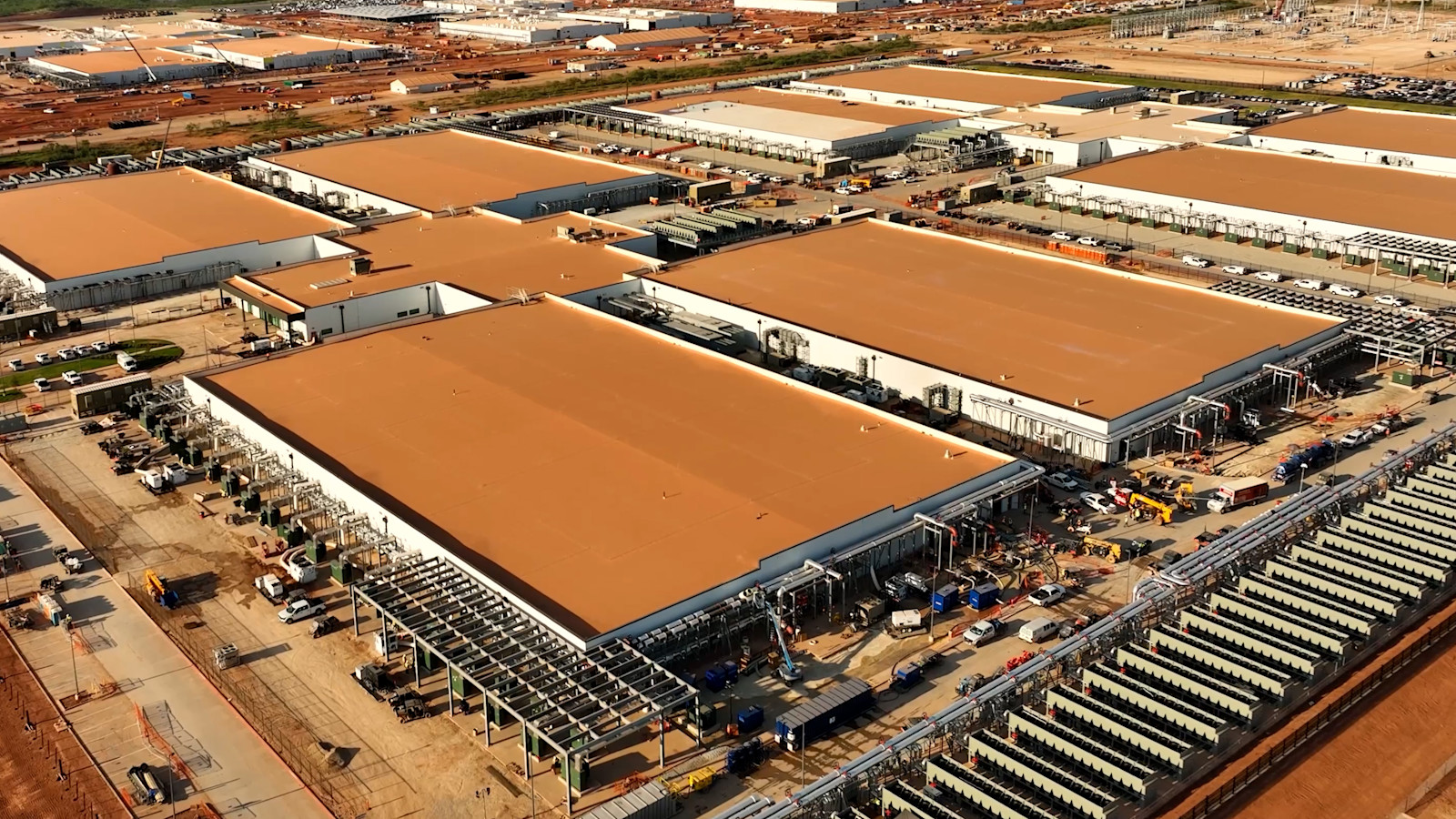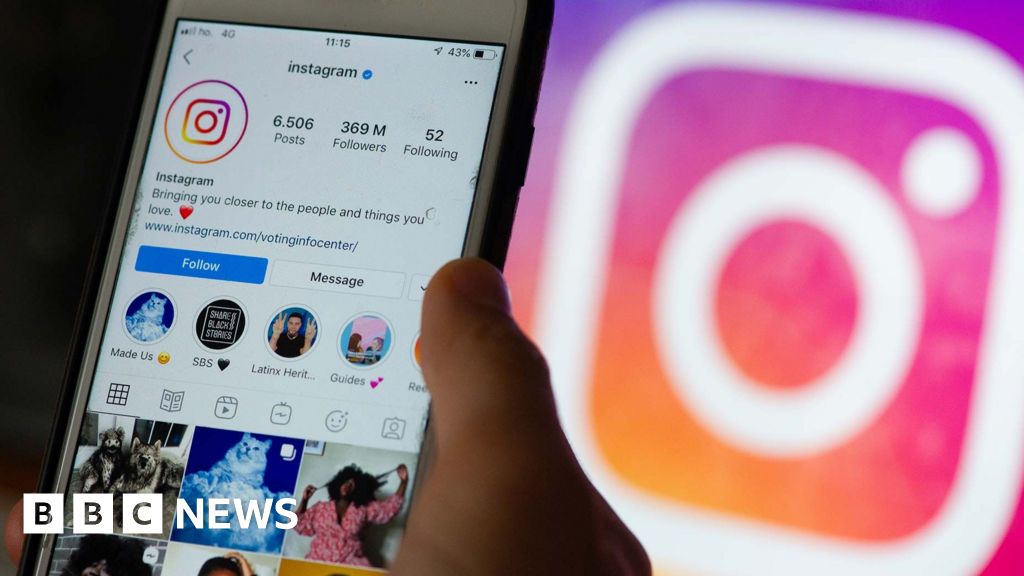Jony Ive's Vision for OpenAI Devices: Designing Joyful AI-Powered Tech

Jony Ive’s Vision for OpenAI Devices
Jony Ive, famed for shaping Apple’s iconic products, now focuses on redefining our interaction with technology through OpenAI. Speaking at OpenAI’s developer conference, Ive emphasized the need for devices that enhance happiness rather than complicate life. He highlights the current struggle many face with smartphones—issues like distraction, anxiety, and impatience—and aims to design AI-powered tools to counteract these challenges.
Innovative Design and Challenges Ahead
Ive’s concept involves a new category of AI-first devices, potentially small and screenless, responding intuitively to voice and sensory input. OpenAI envisions these gadgets as inclusive and accessible, contrasting Apple’s exclusive ecosystem. However, the launch faces delays due to unresolved technical hurdles, reflecting the complexity of creating seamless, joyful technology experiences.
Impact on Our Relationship with Technology
By focusing on emotional well-being and natural interaction, Ive’s work at OpenAI could transform how we relate to devices. His approach suggests technology’s future lies not just in utility but in fostering genuine happiness and connection, challenging industry norms and reshaping digital life.
About the People Mentioned
Jony Ive
Sir Jonathan Paul "Jony" Ive (born February 27, 1967) is a British-American industrial designer renowned for his influential role at Apple Inc. He joined Apple full-time in 1992 and rose to prominence after Steve Jobs returned as CEO in 1997, eventually becoming senior vice president of industrial design[1][2]. Ive’s design leadership was pivotal in shaping Apple’s iconic products, including the iMac (1998), iPod (2001), iPhone (2007), and iPad (2010), all known for their sleek, minimalist aesthetics and innovative use of materials and form[1][2][3]. Ive’s design philosophy emphasized simplicity, ease of use, and obsessive attention to detail, which helped redefine consumer expectations for technology products. The iMac G3’s translucent, colorful design was a breakthrough that contributed to Apple’s financial turnaround in the late 1990s[2]. Steve Jobs regarded Ive as his "spiritual partner" and granted him significant operational authority, second only to Jobs within the company[3]. Beyond Apple, Ive has contributed to design education. In 2017, he was appointed Chancellor of the Royal College of Art (RCA) in London, a role he held at least until early 2023, overseeing the institution as an academic administrator and promoting design excellence[1]. After leaving Apple in 2019, Ive founded his own design firm, LoveFrom, continuing his work in product design and innovation, although this is less documented in the current sources. His legacy remains tied to transforming industrial design in technology, influencing multiple industries globally[1][5]. Ive’s contributions have earned him numerous honors, including an honorary degree from the RCA in 2009 and a knighthood. His work is widely regarded as a defining force in modern product design and the tech industry’s visual identity[1][2][5].
About the Organizations Mentioned
OpenAI
OpenAI is a leading artificial intelligence research and deployment company founded in 2015 with the mission to ensure that artificial general intelligence (AGI)—AI systems generally smarter than humans—benefits all of humanity[1][2]. Initially established as a nonprofit, OpenAI’s goal has always been to advance safe and broadly beneficial AI technologies. In 2019, OpenAI created a for-profit subsidiary to scale its research and deployment efforts while keeping mission-aligned governance. As of October 2025, this structure evolved into the OpenAI Foundation (nonprofit) governing the OpenAI Group, a public benefit corporation (PBC). This unique corporate form legally binds OpenAI Group to prioritize its mission alongside commercial success, ensuring broader stakeholder interests are considered[1]. The Foundation holds equity in the Group, aligning incentives for long-term impact and growth. Microsoft owns approximately 27% of OpenAI Group, with employees and investors holding the rest[1]. OpenAI is renowned for pioneering breakthroughs in large language models and AI applications. Its products like ChatGPT revolutionized human-computer interaction by enabling natural language conversations and task automation. OpenAI continuously innovates by integrating AI into business tools—for example, its recent launch of “company knowledge” in ChatGPT Business harnesses AI to aggregate and analyze internal company data from apps like Slack, Google Drive, and GitHub, enhancing workplace productivity and decision-making[3]. Key achievements include advancing AI safety research, reducing hallucinations in language models, and expanding AI’s accessibility through products like Codex and ChatGPT Atlas (a browser with ChatGPT integration)[2]. OpenAI’s balanced governance model and cutting-edge research position it uniquely at the intersection of technology innovation and ethical AI development, making it a focal point in business and technology news globally.
Apple
Apple Inc. is a leading American multinational technology company known for pioneering personal computing, mobile devices, and software ecosystems. Founded in 1976 by Steve Jobs and Steve Wozniak, Apple revolutionized technology with the first commercially successful personal computer and mainstream adoption of the graphical user interface (GUI), setting new standards in product design, user experience, and seamless integration across devices[2]. Headquartered in Cupertino, California, Apple’s product lineup includes the iPhone, iPad, Mac computers, Apple Watch, AirPods, and services such as the App Store, Apple Music, and iCloud. The company has built a vast ecosystem that enables third-party developers to expand product functionalities, strengthening its market dominance. Apple is widely recognized for its innovation in hardware, software, and services, with an emphasis on aesthetics and privacy. In 2025, Apple committed to its largest-ever investment initiative, pledging $600 billion over four years in the United States to boost manufacturing, research and development, and advanced technology sectors like artificial intelligence (AI) and silicon engineering[1][3]. This includes new manufacturing facilities, expanded R&D centers, and a program called the American Manufacturing Program (AMP) to encourage domestic production of critical components. These efforts support over 450,000 U.S. jobs and aim to establish a robust supply chain within the country[3]. Financially, Apple remains a powerhouse with a market capitalization of $3.84 trillion and annual revenue exceeding $400 billion. However, in 2025, it faced challenges including a 19% decline in stock value, intensified regulatory scrutiny from the U.S. Department of Justice over antitrust issues, legal disputes related to the App Store, and competitive pressure in AI technology[1][2]. Despite these hurdles, Apple continues to innovate, recently updating its software platforms with a unified "Liquid Glass" design and expanding its AI-driven personal assistant, Apple Intelligence[1]. Under CEO Tim Cook’s leadership, Apple balances technological advancement

















